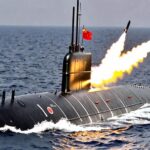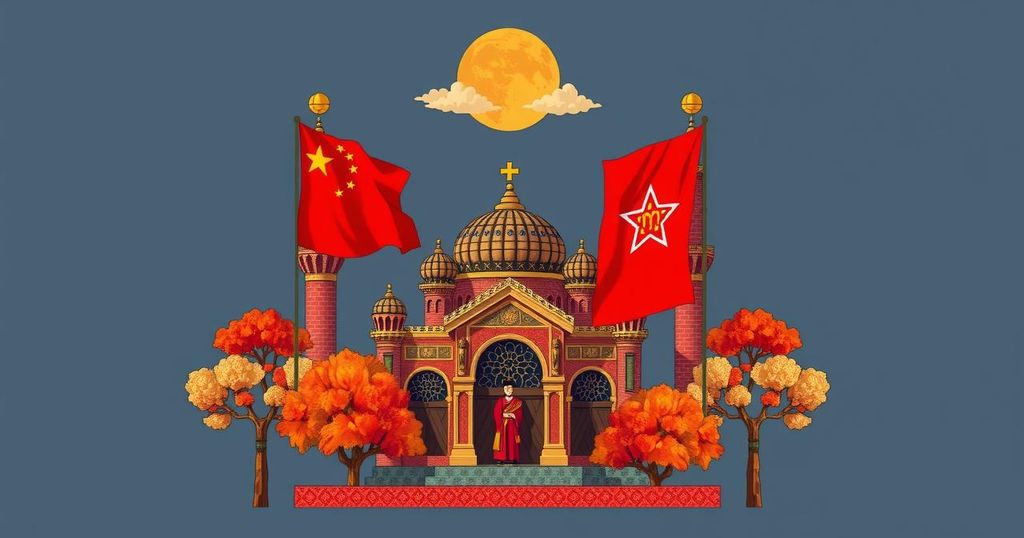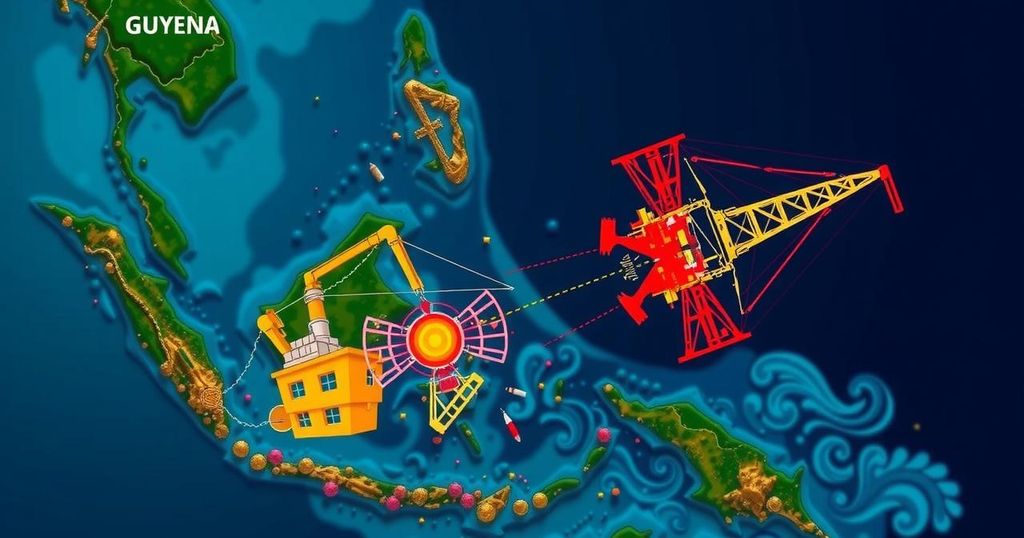Dr. S. Jaishankar Declares End of Uninterrupted Dialogue with Pakistan
In a notable shift in policy regarding Pakistan, India’s External Affairs Minister, Dr. S. Jaishankar, declared that the “era of uninterrupted dialogue” with the neighboring country has concluded. Speaking at a private function in New Delhi, he affirmed India’s readiness to respond decisively to incidents emanating from Pakistan, whether they are conducive or detrimental to bilateral relations. He emphasized, “actions have consequences,” particularly addressing those in Pakistan who facilitate or endorse terrorist operations directed against India.
Responding to inquiries about the future of India-Pakistan relations, Minister Jaishankar underscored the critical question of what kind of relationship is plausible, given Pakistan’s continued support for terrorism. His remarks came in the context of India’s recent history of conflict with Pakistan, characterized by persistent border tensions and challenges related to Jammu and Kashmir, both of which remain significant points of friction in the bilateral discourse.
Earlier this year, during a visit to Singapore, Dr. Jaishankar lamented the extensive nature of Pakistan’s sponsorship of terrorism, likening it to an “almost industry-level” operation. He asserted that India will thoroughly confront this issue and will not shy away from holding discussions at the international level concerning such provocations. He articulated a firm stance, declaring, “we should not give the other country a free pass” in light of ongoing terrorist assaults.
Furthermore, Dr. Jaishankar recalled pivotal military operations, such as the Balakot airstrikes, which were a direct response to grievous terror attacks on Indian forces. He stated that the tolerance for cross-border terrorism in India is exceedingly low and made clear that there would be repercussions for such actions.
Minister Jaishankar’s statements also take on additional significance as Jammu and Kashmir approaches its first assembly elections in ten years, scheduled to commence on September 18. Mainstream political entities in the region, including the National Conference and the People’s Democratic Party (PDP), are advocating for the renewal of diplomatic dialogue with Pakistan. The PDP’s manifesto emphasizes the need for conflict resolution and cooperation, while the National Conference, in alliance with the Congress party, also supports the idea of a reconciliatory approach towards Pakistan.
The Bharatiya Janata Party (BJP) has criticized these parties for their inclination towards dialogue with Pakistan, suggesting that such positions could inadvertently endorse terrorism and its infrastructure within the region.
In conclusion, Dr. Jaishankar’s definitive declaration regarding the end of uninterrupted dialogue with Pakistan marks a pivotal moment in India’s foreign policy, reflecting a more proactive and responsive approach to the complex and often fraught relationship with its neighbor. As the landscape of Jammu and Kashmir continues to evolve, the implications of these statements will carry significant weight in shaping the dynamics of regional politics and security.








Post Comment